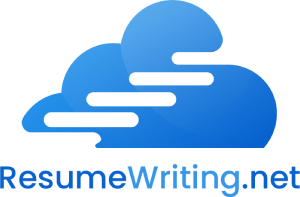Crafting a compelling resume is an art that requires the perfect balance between showcasing your skills and experiences while avoiding the pitfalls of cliché and overused terms. In the competitive job market, every word on your resume counts. To make your resume stand out, it’s essential to avoid overused words that have lost their impact due to overuse. Here, we delve into the top 10 overused words to avoid on a resume and offer suggestions for more dynamic alternatives.
- “Responsible for”
The phrase “responsible for” is one of the most common culprits in resume writing. It often precedes a list of job duties but fails to convey the full extent of your contributions and achievements.
Alternative: Use action verbs that highlight your accomplishments. For instance, instead of saying “Responsible for managing a team,” try “Led a team of 10 to achieve a 20% increase in sales.”
- “Team player”
While being a team player is important, simply stating it on your resume does little to differentiate you from other candidates.
Alternative: Provide concrete examples of how you’ve worked within a team to achieve goals. Instead of “Team player,” try “Collaborated with cross-functional teams to develop and implement a new marketing strategy, resulting in a 15% increase in customer engagement.”
- “Hard worker”
Describing yourself as a “hard worker” is too vague and subjective. Every employer expects their employees to be hardworking.
Alternative: Demonstrate your work ethic through specific achievements and quantifiable results. For example, “Consistently exceeded sales targets by 25% through dedication and strategic planning.”
- “Detail-oriented”
This term has become so ubiquitous that it has lost its meaning. Instead of stating that you are detail-oriented, show how this trait has benefitted your work.
Alternative: Highlight specific instances where your attention to detail made a difference. For example, “Implemented a new auditing process that reduced errors by 30%.”
- “Self-starter”
While being proactive is a valuable trait, merely stating that you are a “self-starter” does not provide enough context.
Alternative: Describe initiatives you have taken on your own. For instance, “Initiated and led a project to revamp the company’s social media strategy, resulting in a 40% increase in followers.”
- “Excellent communication skills”
This phrase is too broad and overused. Effective communication is crucial, but it’s better to demonstrate it through your experiences.
Alternative: Provide examples of your communication skills in action. For example, “Delivered presentations to executive leadership, facilitating a 25% increase in project funding.”
- “Dynamic”
Describing yourself as “dynamic” is too vague and overused. Instead, show how your dynamic nature has positively impacted your work.
Alternative: Offer specific examples that illustrate your dynamic nature. For instance, “Adapted quickly to changing market conditions, leading to a 15% growth in client acquisition.”
- “Results-driven”
While being results-driven is a desirable trait, this term is often overused and lacks specificity.
Alternative: Quantify your achievements to show you are results-driven. For example, “Increased website traffic by 50% through targeted SEO strategies.”
- “Go-getter”
This informal term does not belong on a professional resume. It’s better to use more formal language that conveys the same meaning.
Alternative: Use specific examples to demonstrate your proactive nature. For example, “Spearheaded a new customer outreach program, increasing customer retention by 20%.”
- “Motivated”
Like “hard worker,” saying you are “motivated” is too general and expected. Instead, show how your motivation has led to tangible results.
Alternative: Describe achievements that resulted from your motivation. For instance, “Launched a personal development program for the team, resulting in a 15% increase in overall productivity.”
Tips for Avoiding Overused Words
To avoid these overused terms, consider the following tips:
Use Action Verbs: Start each bullet point with a strong action verb. This makes your accomplishments stand out and conveys a sense of initiative and achievement.
Be Specific: Quantify your achievements wherever possible. Numbers and specific examples give context to your claims and make them more credible.
Show, Don’t Tell: Instead of telling employers about your qualities, show them through concrete examples and detailed descriptions of your achievements.
Customize Your Resume: Tailor your resume to the job you are applying for. Highlight the experiences and skills most relevant to the position and use language that matches the job description.
Seek Feedback: Have someone else review your resume. A fresh set of eyes can catch overused terms and suggest more effective wording.
Conclusion
Crafting a standout resume requires more than listing your job duties and responsibilities. It’s about effectively communicating your value to potential employers. By avoiding overused words and phrases and focusing on specific, quantifiable achievements, you can create a resume that truly stands out. Remember, your resume is your personal marketing document – make every word count!


